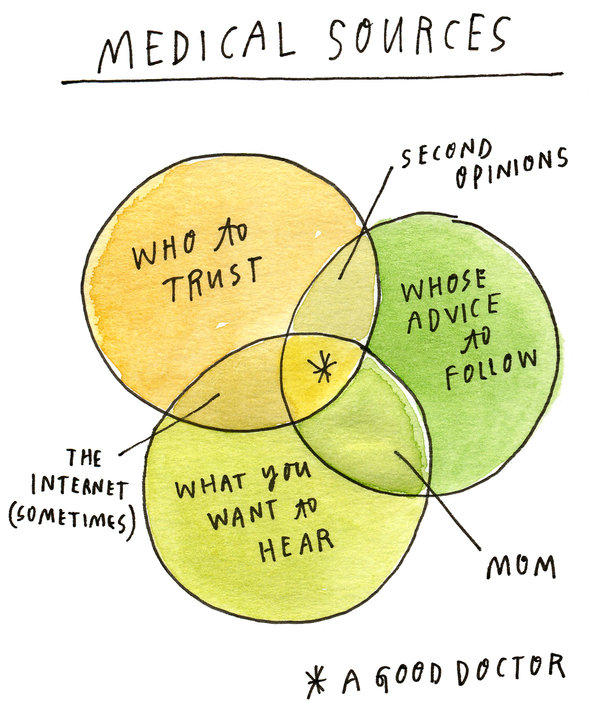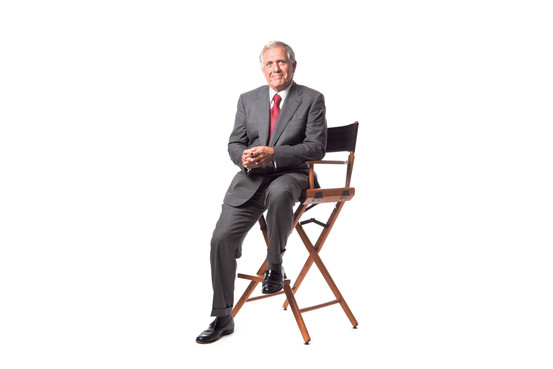Eyes Wide Open: How to Make Smart Decisions in a Confusing World
October 20, 2013 Leave a comment
Eyes Wide Open: How to Make Smart Decisions in a Confusing World Hardcover
by Noreena Hertz (Author)
Eyes Wide Open: How to Make Smart Decisions in a Confusing World is Noreen Hertz’s practical, cutting-edge guide to help you cut through the data deluge and make smarter and better choices, based on her highly popular TED talk. In this eye-opening handbook, the internationally noted speaker, economics expert, and bestselling author of IOU: The Debt Threat and Silent Takeover reveals the extent to which the biggest decisions in our lives are often made on the basis of flawed information, weak assumptions, corrupted data, insufficient scrutiny of others, and a lack of self-knowledge. To avert such disasters, Hertz persuasively argues, we need to become empowered decision-makers, capable of making high-stakes choices and holding accountable those who advise us. In Eyes Wide Open, she weaves together scientific research with real-world examples from Hollywood to Harry Potter, NASA to World War Two spies, to construct a path to more astute and empowered decision-making in ten clear steps. With a razor-sharp intellect and an instinct for popular storytelling, she offers counter-intuitive, actionable guidance for making better choices—whether you are a business-person, a professional, a patient, or a parent.







